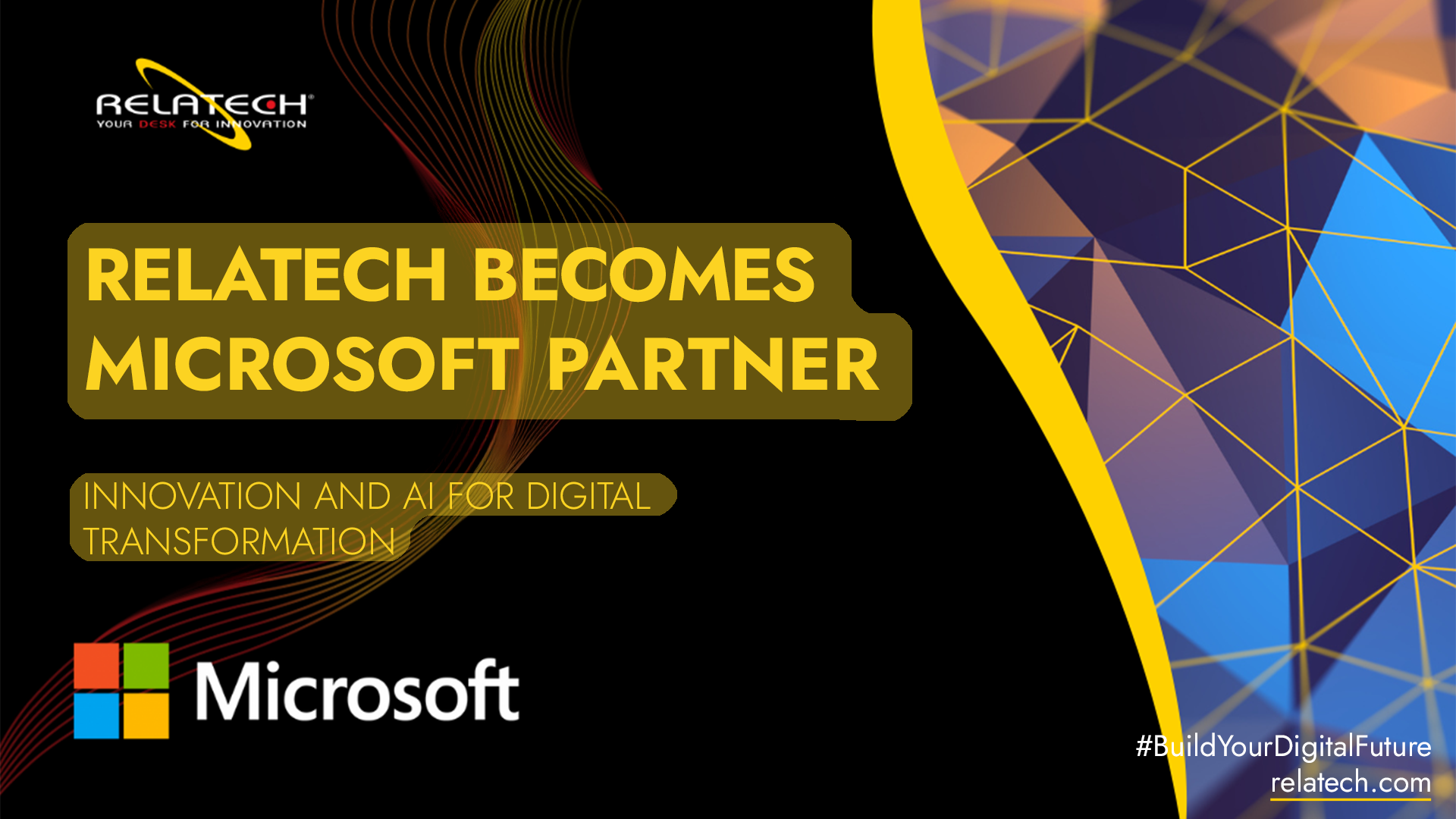Big Data Marketing to make a difference. Trends 2020

Big Data Marketing is not a fad, but it is an approach made necessary by digital transformation, it can make a difference in marketing strategies adopted by companies. As a Forbes article entitled "How can Big Data contribute to the success of digital marketing?" underlines that today "the days when marketing decisions were driven by intuition and experience are over. Important marketing decisions are now determined by Big Data. "Even in our country, especially large companies have noticed that Big Data Analytics market, according to the relevant Observatory of the Polytechnic of Milan, in 2018 reached a figure of 1.4 billion euros in Italy, on 26 % more than the previous year. To understand, however, why Big Data Marketing can make a difference compared to traditional methods based on "intuition and experience", it is good to observe the 2020 trends on the subject.
Big Data Analytics e Marketing Automation
The systems for collecting, analyzing and processing large quantities of data, that is the Big Data and Analytics platforms, which Italian companies are also focusing on, including the real competitive advantage. It is always Forbes to argue that the companies that will not invest in these systems by 2020 will most likely no longer exist in 2021. Big Data is a given behavior destined to fail, also because the transactional, analytical and behavioral data that data management platform is able to organize are now integrated with Marketing Automation activities that generate personalized actions aimed at the individual customer. Marketing that involves customizing offer of products and services will not go very far.
The increase in data from IoT devices
It is estimated that in 2020 there will be more than 20 billion IoT (Internet of Things) devices connected worldwide. This means that to the usual sources (web, smartphon, tablet) from which companies draw information about their customers, others will be added more and more related to customer behavior detectable anywhere on the move.
Big Data Marketing, in this way, will be able to achieve that omnichannel customer experience in which the centrality of the customer is pursued as an objective regardless of the channels used and the places where the customer journey takes place. If until a few years ago the customer experience could meet silos along an exclusively digital purchase path, now the real challenge is played by an integration of the online with the offline that never stops following the consumer between e-commerce, social media, presence in stores etc. The IoT devices, in this regard, wearable by the customer or strategically placed in the stores as sensors that track their behavior, are essential sources for the definition of a Big Data Marketing to which nothing of any customer-brand interaction escapes.
AI and machine learning in Big Data Marketing
They are data, as we have seen, the real wealth of Big Data Marketing. A wealth made such by the ability of advanced systems to convert their wide availability into value. In 2020, according to Gartner, thanks above all to artificial intelligence (AI) and machine learning algorithms, Analytics will become Augmented. This is because AI and machine learning will give Big Data analysis speed and scalability in the cloud, managing to probe complex data sets in a fraction of the time required up to a couple of years ago. Big Data Marketing will thus be able to take advantage of Augmented Data Management architectures, which will offer a segmentation of results immediately usable for any campaign or marketing action. With the added advantage that, unlike the classic Business Intelligence tools, the addition of AI and machine learning will increasingly be characterized by superior reliability and extreme ease of use in Big Data Analytics platforms.













